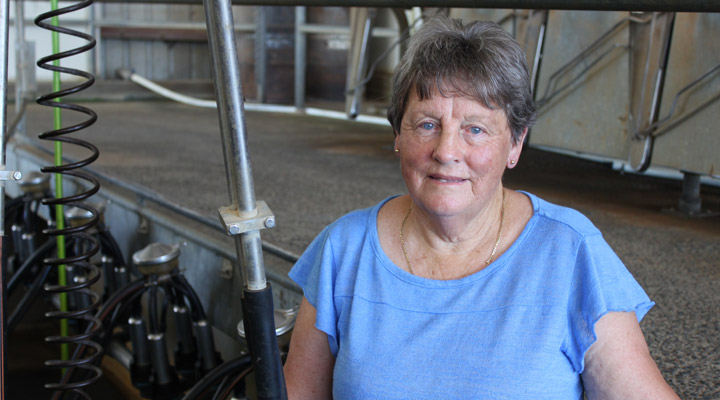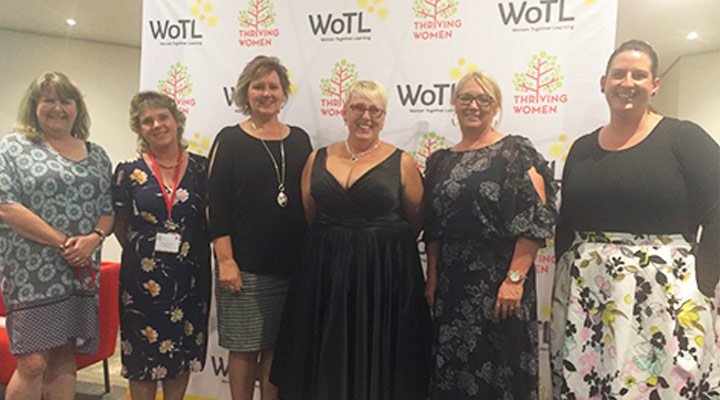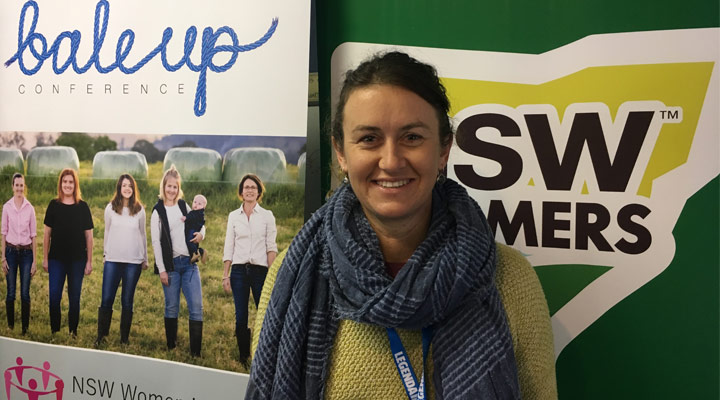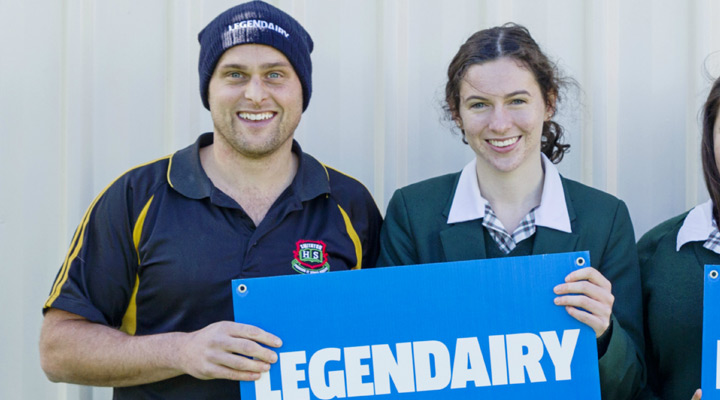
Shirley Wilson
New South Wales
Tamworth farming veteran to speak at Australian Dairy Conference
People thought Shirley and Lindsay Wilson were a bit ambitious when they went dairy farming at Gloucester, NSW, in the middle of a drought in 1964.
It wasn’t easy, but 55 years and five increasingly worse droughts later the family is still surviving and enjoying the challenge of dairy farming.
Now 75, Shirley hopes to inspire a new generation of farmers with her stories of endurance and resilience as part of an Australian Dairy Elders panel at the Australian Dairy Conference in Canberra on Thursday.
While nervous at the prospect of addressing a sold-out audience at a national conference, Shirley says younger farmers can learn from those who’ve lived through decades of challenges.
Both born on dairy farms, Shirley and Lindsay lived for a short time in Gloucester but were always destined to return to the land. In 1964 they went out share farming together.
“When we started people thought we were crazy because there was a drought,” Shirley said.
“The drought didn’t finish until October 1966 so we didn’t have a good start but we loved it and got through.”
In 1971 they registered their first Jersey stud cow and moved to Wingham to lease a farm, staying until 1983 when they purchased a property.
Shirley has lost count of how many championships their Shirlinn Jerseys have won over the years, starting at Sydney in 1976, They continue to rack-up successes, including Supreme Champion Cow at International Dairy Week in 2016.
In 1987 they purchased an adjoining dairy farm, working with their son Brian. In 2000 Shirley and Lindsay handed the farm to Brian and his wife Vicki but with deregulation they needed to expand to survive and moved to a new property in Tamworth.
“We still help when needed,” Shirley said. “Lindsay goes in the dairy most days and milks a lot of the time and I help with the calves.”
About 15 months ago Brian’s son Todd and his wife Sarah purchased Peel Valley Milk processing plant, giving their home-grown milk a local outlet.
“It’s going very well,” Shirley said.
“Every litre produced is processed through Peel Valley Milk and it’s sold in Tamworth and around local towns and as far as Newcastle.”
Shirley admits she’s stepping out of her comfort zone to join the conference panel.
“I’m not that type of person,” she said.
“Lindsay is an up-front person and has been president of Jersey Australia and on committees, and I’ve been working in the background.”
But when she was asked to give her perspective, Shirley was happy to get involved and hopes she can pass on some valuable insights.
“Women have been the backbone of a lot of dairy farms and it’s a good thing that more women are now getting involved in committees. You need a female say in things because they see things a bit differently to what men do.”
Her message to farmers at the conference will be try to keep going, even if it’s hard.
“Farmers need to be careful of debt or it will get you down. When we bought our second farm interest rates were 18-19 per cent; I’d hate for anyone to have to go back to paying that but they will go up again one day.”
Shirley predicts farms will get bigger to survive as smaller operators struggle with low prices and the ongoing drought.
“I think we’ve had five droughts in our time; this one is perhaps the worst, but so far the family has survived,” she said.
“With modern technology, younger farmers can learn so much that way but they can still learn by talking to older people,” she said.
“We’ve been around a long time and know a lot. Experience counts.”
While farming has been tough. Shirley wouldn’t change a thing.
“If I had my life over again, I’d do the same thing. There’s nothing better than rearing children on the land.”


